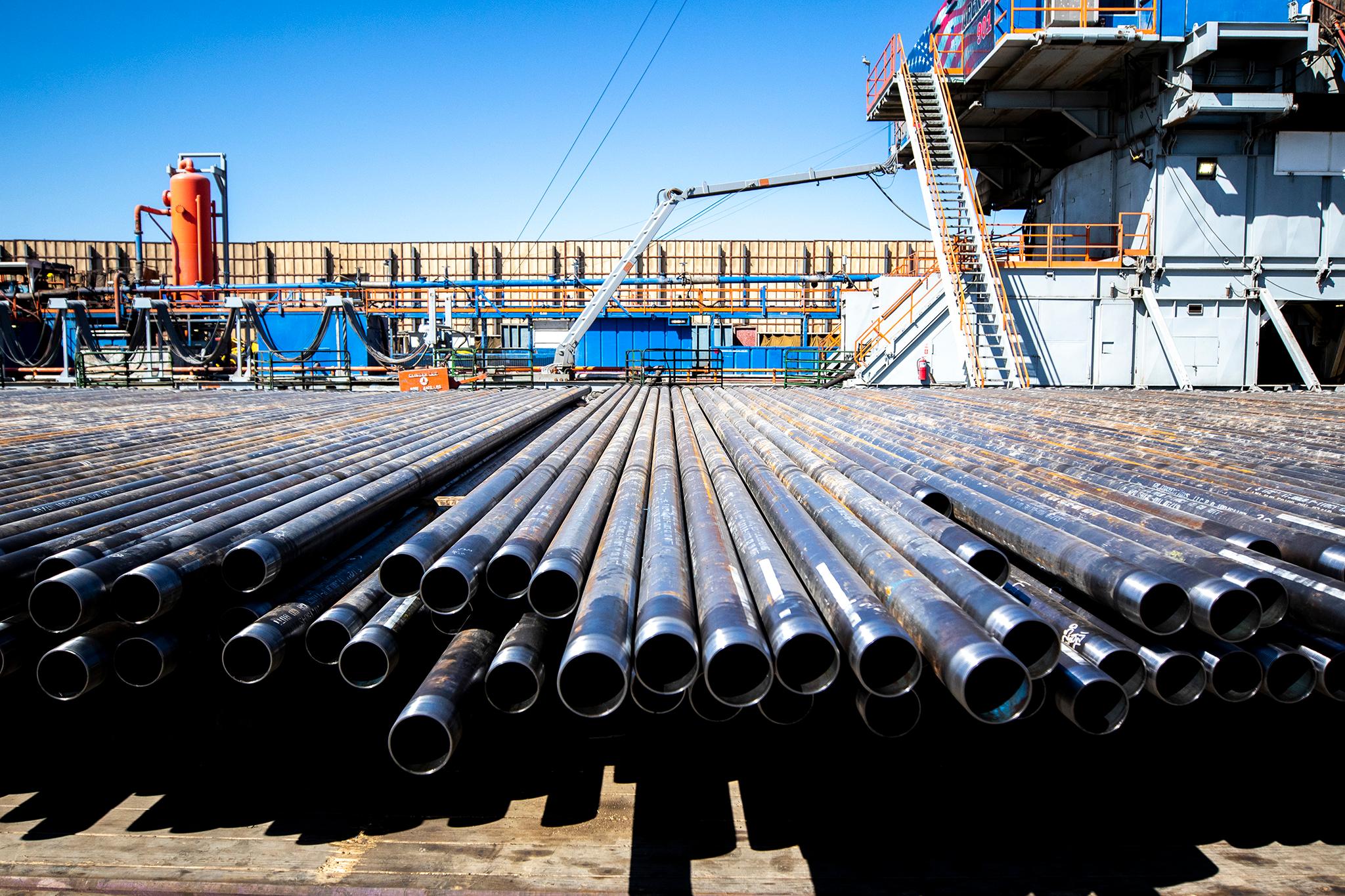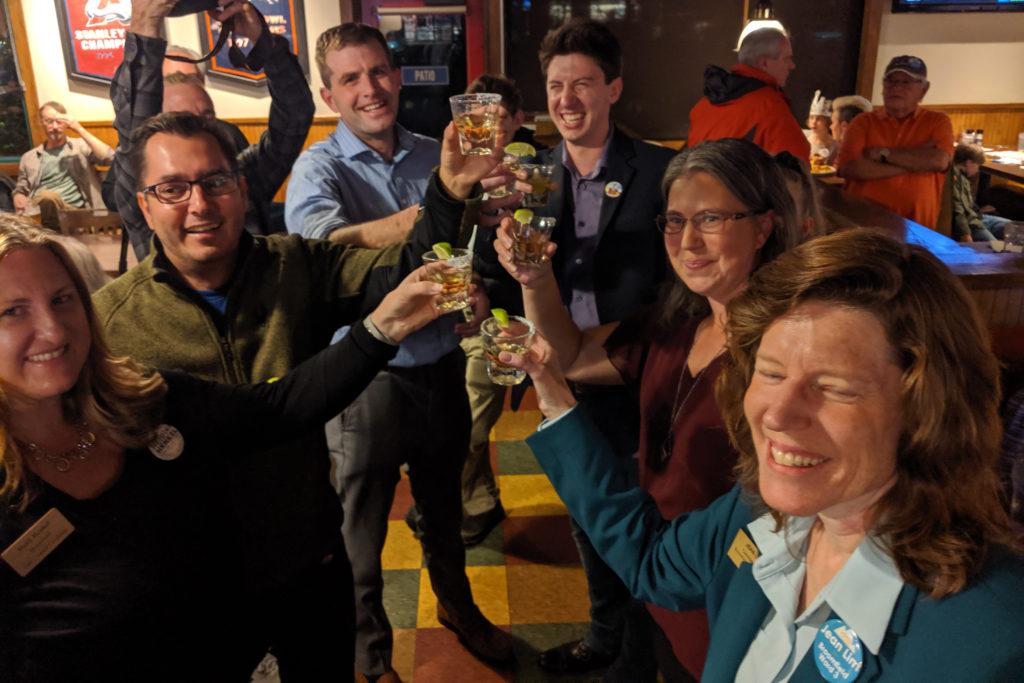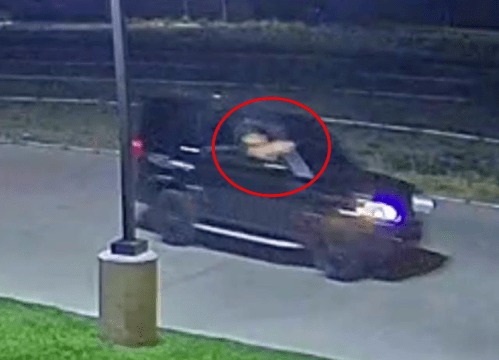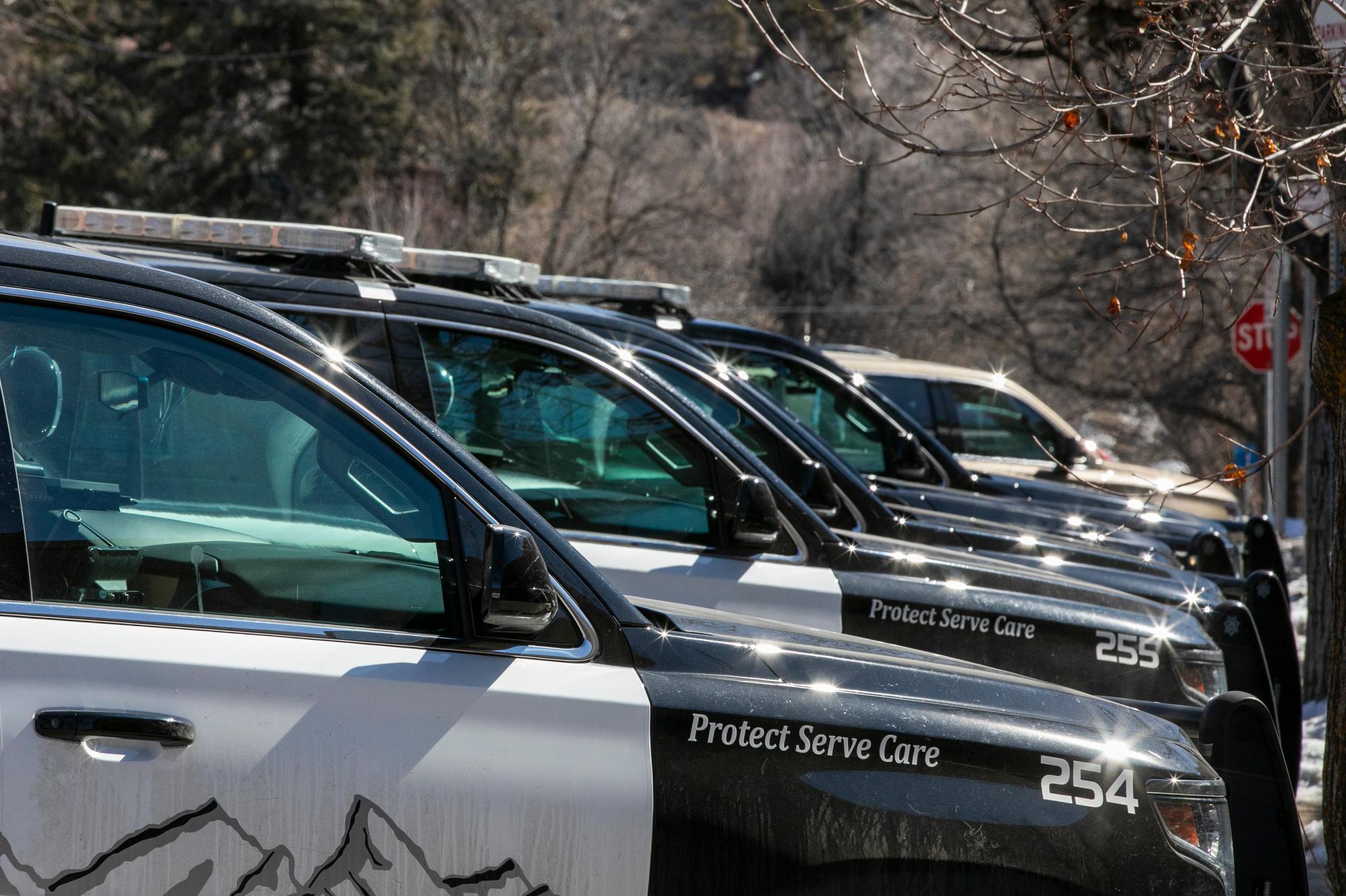
On Tuesday night, Colorado’s heated debate over drilling and climate change went local.
The 2019 elections were the first chance for the state’s voters to elect mayors and city council members with far greater power over the oil and gas industry. The shift came after Democrats at the state Capitol passed SB19-181 earlier in the year. Besides an overhaul of the state’s oil and gas regulations, the law empowered local communities to decide where and how drilling happened within their boundaries.
Broomfield played host the most dramatic results. For years, the oil and gas industry has tapped deposits underneath the fast-growing suburb north of Denver. The activity has made the community a hotbed for anti-drilling activism.
Recently, the Wildgrass Oil and Gas Committee, a Broomfield community group, sued to stop all new oil and gas permits in Colorado. Extraction Oil and Gas, the defendant in the case, ended up backing off of the plans that spurred the legal action.
In the elections, a slate of anti-drill city council candidates ran on a promise to end new oil and gas development in the city.
Minutes after polls closed, cheers erupted at their watch party inside an Old Chicago restaurant. Results on a TV screen showed decisive victories for all five anti-drilling city council candidates. The group celebrated with a round of tequila shots.
“People don’t want industrial activities in their backyards,” said 26-year-old William Linstedt, who won a council seat in the same neighborhood where he grew up. “Everyone here tonight shares that belief and the voters obviously agreed.”

The larger story proved much more complicated. After money flooded into local elections, a number of pro-oil and gas candidates also won their races in other communities along Colorado’s northern Front Range.
In Thornton, mayor pro tem and former oil and gas engineer Jan Kulmann won the mayoral race. Campaign finance records show Kulman raised about $73,000 during her campaign, much of it from donors employed by the oil and gas industry. Kulman herself donated about $21,000 to her own campaign — about as much as all the money raised by the next best-financed candidate.
While there are currently no active drilling wells in Thornton, there are sites nearby in unincorporated Adams County. Some fear the activity could soon move within the city limits.
In Greeley, oil and gas interests threw money behind incumbents who’ve been favorable to the industry. The American Petroleum Institute spent thousands to support Mayor John Gates and City Councilman Dan Hall’s reelection. Both won Tuesday night.
Even in Broomfield, the results weren’t exactly a clear-cut defeat for oil and gas supporters.
Democrat Patrick Quinn recaptured the mayor’s office, which he held from 2007 to 2013. While he said he wants to make Broomfield’s hydraulic fracturing regulations “as restrictive as possible,” he has cautioned against moves that could spur lawsuits, like a permanent extension of Broomfield’s drilling moratorium. The pause on new permits currently runs through December.
“The question is never whether I’m anti-fracking,” Quinn said. “I just want to make sure what we do is legally defensible.”
There’s a chance Quinn wouldn’t have won if a scandal hadn’t engulfed Kevin Kreeger, a councilman who had been running for mayor as a part of a slate of anti-drilling candidates.
In October, The Colorado Business Daily, an online publication linked to conservative backers, revealed Kreeger had been convicted for patronizing a prostitute and arrested for injuring a police officer in Chicago. Some of the local-control candidates distanced themselves from Kreeger after he told them he'd been falsely accused of sex assault by a hitchhiker he picked up in Clear Creek County, according to the Denver Post. His campaign manager also quit following the revelations.
Quinn also had some last-minute help from the oil and gas industry. Campaign finance records show a group called Broomfield Citizens Coalition spent about $20,000 on direct mailers and door hangers in support of Quinn. The political action committee’s registered agent is Katie Kennedy, who has filed paperwork for a number of other groups connected to the energy industry.
Quinn said he didn’t seek or welcome the group’s support.
“There was a huge fear of Kevin Kreeger,” Quinn said. “I think they supported me just because I want to stay within legal bounds. I’m not sure Kevin was worried about legal bounds.”
Nevertheless, the anti-drilling slate won a supermajority on the city council, meaning it should have the power to override any veto from the mayor.
Heidi Henkel, another one of the newly elected council members, said she expects the group to proceed with plans to enact a 2,000-foot setback and extend the current moratorium, which Quinn says he supports. Henkel said she hopes the mayor-elect and the council stay on the same page.
“Our wards spoke loud and clear and I trust Quinn will listen,” she said.
This story has been updated to accurately reflect what county Thornton is in.








